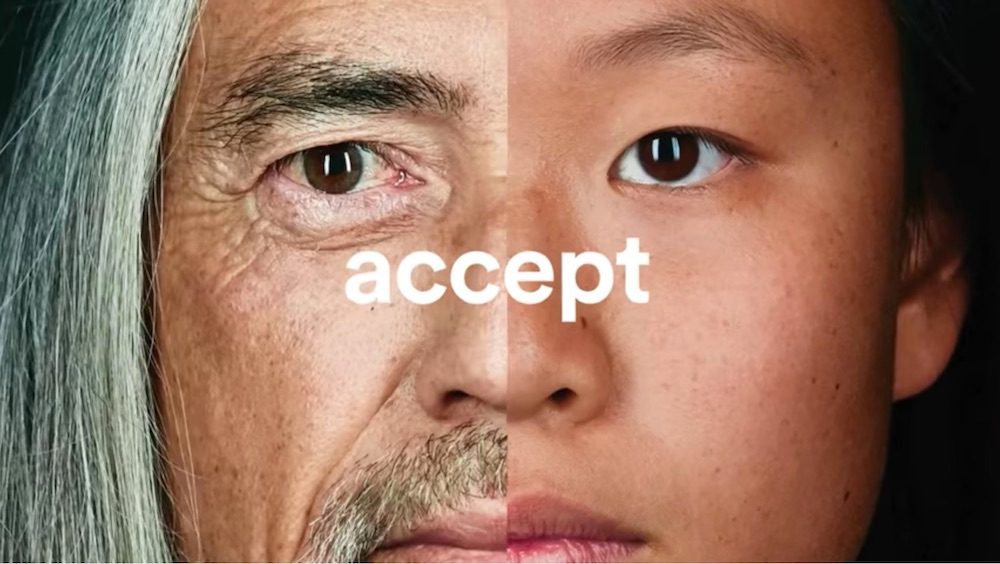SUMMARY
This is AI generated summarization, which may have errors. For context, always refer to the full article.

WASHINGTON DC, USA (3rd UPDATE) – The ads appearing during the Super Bowl on Sunday, February 5, weren’t supposed to be political – but some brands wanted to make a statement, and others may have been just caught in the crossfire.
In the biggest US sporting event of the year which is also a huge event for marketing, political overtones were part of the story, intended or not.
The Super Bowl was played amid a heated debate following President Donald Trump’s order to block all refugees and travelers from 7 Muslim-majority nations, and a clash of views over open borders and multiculturalism.
Some companies may have been swept up in the desire to make a statement of principle. But marketing professor Larry Chiagouris of Pace University said it was a risky strategy.
“The people who buy these products come from all political persuasions,” he said. “No brand can afford to alienate any of them.”
Northwestern University marketing professor Tim Calkins said some of the ads aimed to show a theme of “inclusiveness.”
“While many brands were lighthearted and product focused, there were others that embraced a theme of inclusiveness, including Google, Airbnb and Budweiser,” said Calkins, who is co-director of the school’s ad rating project.
Some notable spots:
Airbnb
The home-sharing giant injected a surprise political message into a television spot, highlighting multiculturalism and the hashtag #WeAccept.
The 30-second Airbnb spot showed a series of faces of people from different races, genders and ages with a running line of text saying “No matter who you are, where you’re from, who you love or who you worship, we all belong.”
On Twitter, Airbnb founder and chief executive Brian Chesky also announced the group would donate $4 million over four years to the International Rescue Committee to assist refugees.
It provoked considerable reaction on Twitter, both positive and negative.
Budweiser immigration story
Budweiser, the US beer brand from Anheuser-Busch InBev, told the story of the journey of founder Adolphus Busch, a German immigrant.
While the company had said it did not intend to make a political statement, the ad nonetheless drew praise from critics of Trump’s immigration plan, but also calls for a boycott.
84 Lumber journey
A spot from home improvement retailer 84 Lumber showed the journey of a mother and daughter who appeared to be traveling in the Mexican desert seeking to reach the United States, and invited viewers to watch the full ad online.
On YouTube, the 5-minute film described as “too controversial for TV” showed the pair arriving at a large wall, unable to cross.
At the end of the spot, viewers saw the message “The will to succeed is always welcome here.”
The retailer had to revise its spot for television after it was rejected for being overtly political.
Winners and losers
According to analysis of social media activity by iSpotTV, the Budweiser immigration ad had the most impact, followed by a Netflix ad for its “Stranger Things” series, a spot with a sexy Mr. Clean, and a whimsical Justin Bieber ad for T-Mobile.
Coca-Cola’s ad featuring “America the Beautiful” sung in different languages and featuring images of people of various ages and cultures was among those generating the most “positive tweets,” according to the TD America Ad Challenge.
A ranking by Northwestern University marketing students put at the top a spot in which a female homemaker drools over a muscle-bound Mr. Clean.
“Mr. Clean drew on its brand equity, making its position clear in a modern way,” said professor Derek Rucker.
“Conversely, 84 Lumber scored at the bottom of our ad review. This spot took a long time to get to the message – and even then, it wasn’t clear what the message actually was.”
Michigan State University marketing students rated as the best ad a message from Honda with several celebrities speaking from their school yearbook photos.
The worst was from the American Petroleum Institute, said professor Robert Kolt: “No one wants to hear about big oil during the game.” – Rappler.com
Add a comment
How does this make you feel?
There are no comments yet. Add your comment to start the conversation.